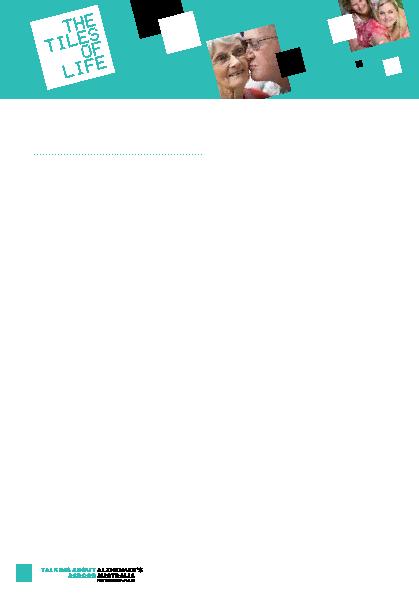
Sydney, Australia
New South Wales, Sydney, Australia
changes in the first and second language
(English) associated with cognitive impairment
and dementia in older bilinguals. Impaired
language and communication impact on
independence, social interaction, and quality-of-
life, and contribute significantly to carer stress
and burden of care. Current knowledge of
language changes associated with progressive
cognitive impairment in bilinguals is scarce.
While anecdotal reports suggest greater loss in
the second language, this does not occur for all
bilingual individuals with dementia and further
investigation is urgently required.
individuals currently enrolled in the Sydney
Memory and Ageing Study (MAS) who speak
one of four target community languages
(Hungarian, Italian, French, German) and
is conducted separately in each language at
commencement and 12 months after initial
testing. Performance in the first and second
language will be compared across bilinguals
without cognitive impairment, bilinguals with
mild cognitive impairment, and bilinguals with
cognitive impairment that has progressed
to dementia. Individual language results will
be compared to performance on the Sydney
MAS, enabling correlations between language
performance, neuropsychological, imaging and
genetic testing.
preliminary findings will be presented.
a better understanding of how dementia
impacts on language and communication in
older bilinguals is essential. The findings of
this research will improve knowledge of critical
language changes in bilinguals with cognitive
impairment and dementia and contribute to
enhanced early diagnosis and carer education.